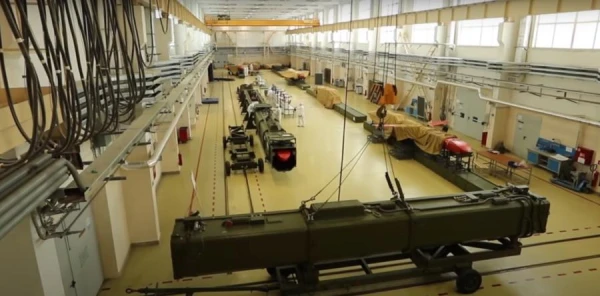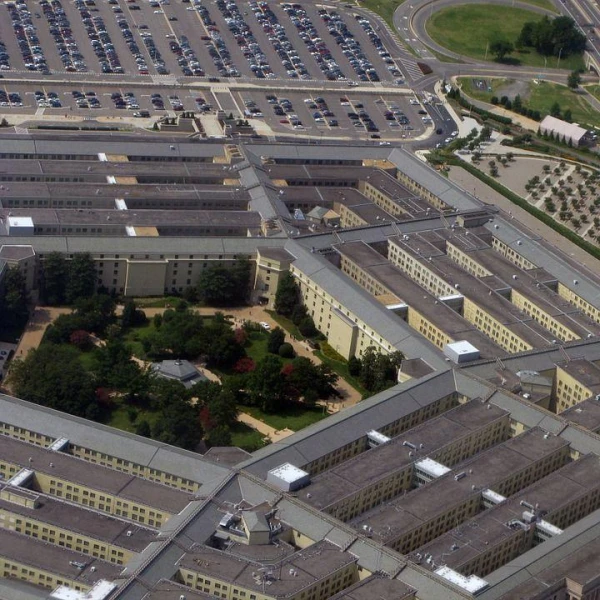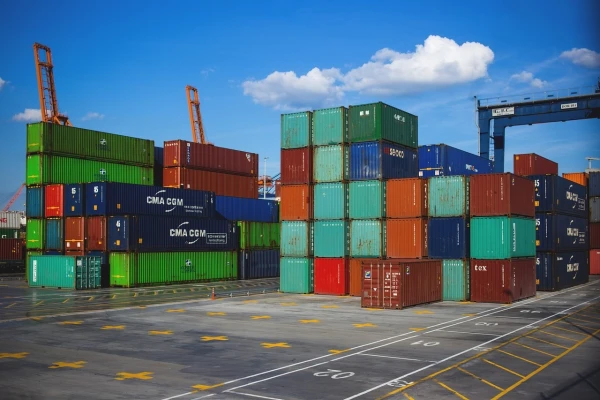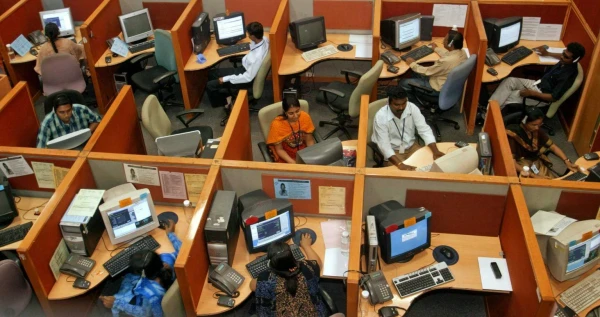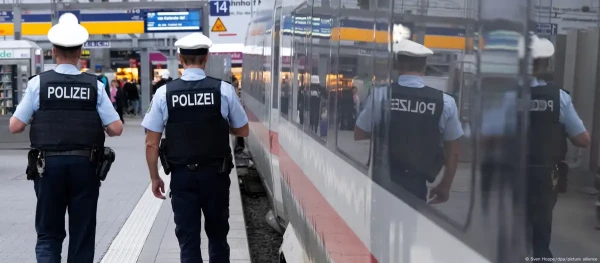
The German Police Union has demanded that law enforcement officers working at train stations be granted more powers, as well as an increase in the number of staff on duty there.
The German Police Union (GdP) has demanded that law enforcement officers working at train stations be granted more powers, as well as an increase in the number of staff on duty at major stations. The second initiative was supported by the country's Minister of the Interior, Alexander Dobrindt, as reported on Sunday, October 26, by AFP. "A higher level of security at train stations also contributes to improving the image of cities," said Andreas Roßkopf, head of the GdP, referring to the widely resonant words of Federal Chancellor Friedrich Merz. According to Roßkopf, federal police at train stations should also be given additional powers, such as the ability to search individuals without presenting suspicion. Dobrindt agreed with the increase in the number of law enforcement officers at train stations. "The centers of our cities must remain places of meeting, not threats. This requires police presence and preventive measures, especially in crime hotspots," the minister said in an interview with the Rheinische Post. He specifically noted the importance of law enforcement work at train stations.
Stricter Control at Train Stations Requested by Passenger Associations
More investment in ensuring safety and cleanliness at train stations has also been demanded by Pro Bahn, the passenger association of Germany. "Homeless people, drug addicts, drunks, and groups of aggressive individuals at train stations particularly make women avoid traveling by train in the evenings," stated the organization's chairman, Detlef Neuß. Among the measures he proposed are increased police checks. The Association of German Criminalists (BDK) also called for improved lighting at train stations and the installation of surveillance systems using artificial intelligence (AI). However, this does not refer to biometric facial recognition, but rather to "targeted, legally controlled application: for example, for finding missing persons or preventing terrorist threats."



